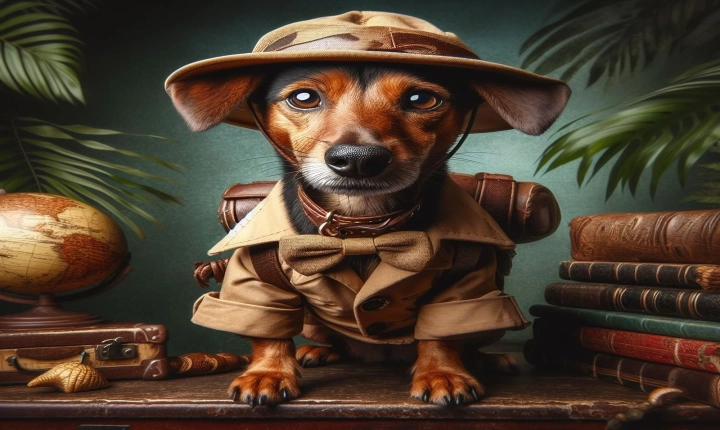Title: Can AI Make Jokes? Exploring the Humorous Side of Artificial Intelligence
Introduction
Artificial Intelligence (AI) has made significant advancements in various fields, from healthcare to finance to entertainment. But can AI also master the subtle art of humor? The ability to create and understand jokes requires a deep understanding of language, context, and human emotions – qualities that AI has been striving to replicate. In this article, we will explore the potential of AI in making jokes and the implications of humor in the realm of artificial intelligence.
The Challenge of Humor in AI
Humor is a complex phenomenon that relies on nuances, cultural references, and timing. Making jokes often involves wordplay, irony, and clever twists, which can be challenging for AI to grasp. This is because humor often involves ambiguity and relies heavily on context, which can be difficult for AI algorithms to interpret accurately. Additionally, humor is deeply rooted in human emotions and experiences, making it a formidable challenge for AI to replicate.
AI-Powered Joke Generators
Despite these challenges, researchers and developers have been exploring the potential of AI in generating jokes. AI-powered joke generators analyze vast amounts of data to understand linguistic patterns, semantic relationships, and humor structures. By leveraging natural language processing (NLP) and machine learning algorithms, these systems aim to generate jokes that mimic human humor.
One example of such an application is the AI-based chatbot developed by OpenAI, known as GPT-3, which has exhibited the ability to craft humorous responses based on the input it receives. Similarly, various websites and applications offer AI-generated jokes and puns, demonstrating the progress being made in this field.
AI in Comedy and Entertainment
In addition to generating jokes, AI has also been employed in the realm of comedy and entertainment. Comedians and writers have experimented with AI to generate comedic content and develop new forms of humor. For instance, AI has been used to create comedic scripts, generate humorous sketches, and even develop stand-up comedy routines. While these efforts may not always result in laugh-out-loud moments, they showcase the potential of AI in the creative realm of humor.
Ethical Considerations and Social Implications
As AI continues to advance in the realm of humor, ethical considerations and social implications come into play. Humor is deeply intertwined with cultural, social, and individual sensitivities. AI-generated jokes must navigate the fine line between being funny and being offensive, which poses a significant challenge. Ensuring that AI-generated humor is respectful, inclusive, and sensitive to diverse perspectives is essential to avoid potential harm or offense.
Furthermore, the implications of AI in humor raise questions about the nature of creativity and the role of AI in shaping our entertainment experiences. As AI becomes increasingly proficient in generating humor, it may redefine the dynamics of comedy and entertainment, blurring the lines between human and machine-generated content.
The Future of AI and Humor
Despite the challenges and complexities involved, the potential of AI in humor is promising. As AI systems continue to advance in their language processing capabilities and understanding of human behavior, they may become increasingly adept at creating and understanding jokes. This could lead to the development of AI systems that are not only proficient in humor but also capable of adapting to individual preferences and styles of comedy.
Moreover, the integration of AI in entertainment platforms and creative industries may open up new avenues for comedic content, pushing the boundaries of traditional humor and expanding the possibilities of comedic expression.
Conclusion
The intersection of AI and humor represents a fascinating frontier in the development of artificial intelligence. While the prospect of AI-generated humor raises complex challenges and considerations, it also offers the potential for innovation and creativity in the realm of comedy and entertainment. As AI continues to evolve, its ability to capture the nuances of humor may revolutionize the way we perceive and interact with comedic content.
Ultimately, the exploration of AI in humor exemplifies the ever-expanding capabilities of artificial intelligence and its potential to shape diverse aspects of human experience, including our ability to laugh and find joy in the world of comedy.
